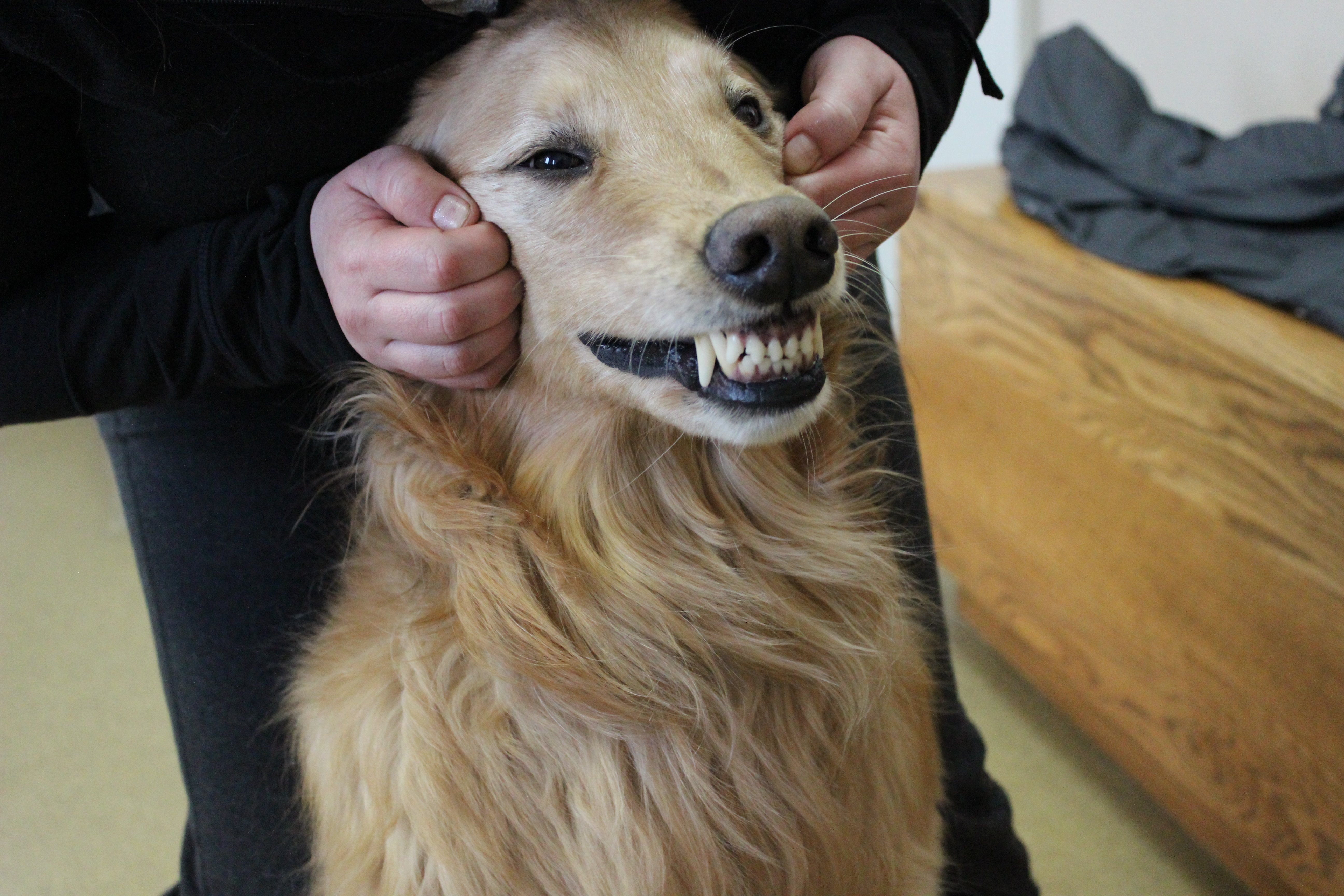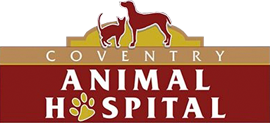February is dental health month for pets!
2/2/15 - Seasonal Advice
 February is dedicated to bringing dental health awareness to pet owners. Oral health in your pets is as important as keeping them eating well, comfortable and happy. Have you ever had a tooth ache? It can be very painful. Many owners don’t even know their pet has any oral problems until they have a check up with their veterinarian. Having your pet seen for an annual exam is very important. These exams are crucial in finding things early like tooth issues, weight changes, and other health problems that can be treated and taken care of. We’re going to share some of the ways you can keep your pet’s mouth in good condition. We are also going to discuss having a professional cleaning done and what that entails.
February is dedicated to bringing dental health awareness to pet owners. Oral health in your pets is as important as keeping them eating well, comfortable and happy. Have you ever had a tooth ache? It can be very painful. Many owners don’t even know their pet has any oral problems until they have a check up with their veterinarian. Having your pet seen for an annual exam is very important. These exams are crucial in finding things early like tooth issues, weight changes, and other health problems that can be treated and taken care of. We’re going to share some of the ways you can keep your pet’s mouth in good condition. We are also going to discuss having a professional cleaning done and what that entails. How do I know if my pet needs a dental cleaning or is having problems? Animals hide pain and discomfort very well. Annual exams with your veterinarian are very important to proactively find any medical issue that your pet might be having. It is common to find tartar, gingivitis, halitosis, oral abscesses and gum recession upon exam. It is important to address these issues in order to keep your pet comfortable and eating well. We often hear from clients that their pet has been acting normally and eating fine even when we find significant issues within their mouth. Professional cleaning by your veterinarian can be extremely beneficial. While a professional cleaning can be costly, it can greatly improve your animal’s quality of life. We often encourage owners to put money aside for when their animal will need to come in for a cleaning. Please see this helpful article on dental care in pets by vetstreet; http://www.vetstreet.com/care/dental-cleaning-for-dogs-and-cats.
What is involved in having a professional cleaning? Every veterinary hospital is different, but we will explain the process we have at Ludwigs Corner Veterinary Hospital to give you an idea. We treat dental cleanings the same way we handle surgical procedures. Your pet is put under anesthesia for ultrasonic cleaning of the teeth. Anesthesia can be a very scary concept for many pet owners. There is always some risk when an animal is under anesthesia for any kind of care. Here at Ludwigs Corner Veterinary hospital we do everything possible to ensure your pet is in good health. We take pre- anesthetic blood work, this is to ensure your pet’s liver and kidneys are functioning well enough to absorb and process the anesthesia. While the procedure is being preformed your pet is attached to monitors that allow us to continually check heart rate, breathing rate and other vitals. The surgical assistant is monitoring your pet while the doctor performs the cleaning. In addition to ultrasonic scaling and polishing of the teeth, oral x-rays and extractions may be preformed. We have state of the art equipment to make these determinations. Oral x-rays allow us to see the tooth and root below the gum line. The veterinarian can then see how healthy or intact a tooth and its root are and whether it should be extracted. When the procedure is done your pet is closely monitored as they wake up from anesthesia. If any extractions or other uncomfortable procedures were done your pet receives pain medication immediately post-op and sometimes gets sent home with additional medications. Your cat or dog is here for most of the day and will not be sent home until they are fully awake.
How do I prepare for my pet’s cleaning procedure with my veterinarian? You should first have an exam. The veterinarian will be able to give you an idea of how much work needs to be done. So basically, does your pet just need a cleaning or will there need to be x-rays and possible extractions? This will help you get a better idea of cost as well. X-rays and extractions are an added cost that would not be included in a basic polishing and scaling. Your pet will be fasted the night before the procedure. This means no food after midnight the night before they come in for the cleaning. Offering water is fine. We have the client come early in the morning; they meet with one of our technicians to do admitting paperwork. They then leave and wait for us to call them later in the day letting them know how everything went and when their pet will be ready for pick up. We usually call the next day and check up on the patient to make sure everything is going well.
What can I do to keep my pet’s mouth healthy? The first thing is having professional cleaning by your veterinarian when needed. If you own dogs there is a wide variety of products for them to chew on in between cleanings. Canines that chew often on the appropriate items are more apt to break down tartar build up naturally. Ask your veterinarian what they recommend for chew items as there are many things that can damage your dog’s teeth. Brushing is the best way to keep your dog and cat’s teeth healthy. Studies show you must brush at least four times a week to make an impact. You must use toothpaste made for pets, not human tooth paste. Dog and cat toothpaste is flavored and safe for them to swallow where as human toothpaste if swallowed can be harmful and toxic. You can use a special pet made toothbrush or a regular toothbrush. You only have to brush the outer portion of the teeth that come in contact with the gums. Many pet owners brush with water and give the flavored tooth paste as a reward, which is fine. There are even food companies that make a special diet for tooth health. Hill’s makes a food called “T/D”. The kibbles in this food are large so that your pet has to bite into it. Thus the kibble will scrape some of the tartar off through the action of chewing. The T/D food can be given as a sole diet or as treats. See more information on T/D food at the following link: http://www.hillspet.com/products/pd-canine-td-canine-dental-health-dry.html.
If you have questions regarding your cat or dog’s dental health or what products might help care for them, please consult your veterinarian.



